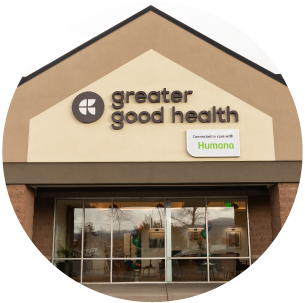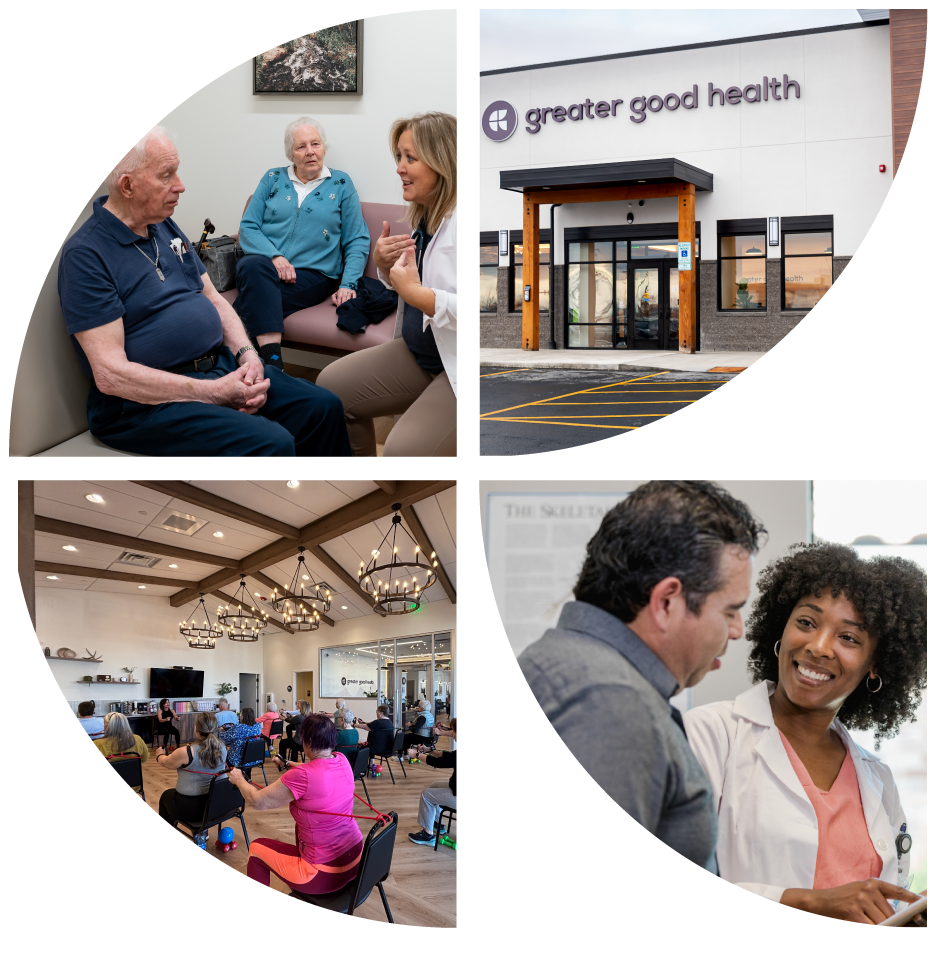Excellent clinic! Christine Chaloux and the Greater Good Health team have taken fabulous care of my elderly mother – highly recommend!


Primary Care for Adults on Medicare
Whole-person care, thoughtfully tailored to you. Now accepting patients!

FIVE STAR REVIEWS